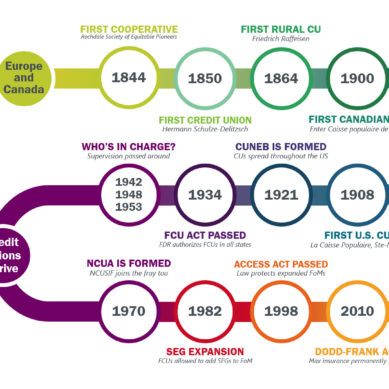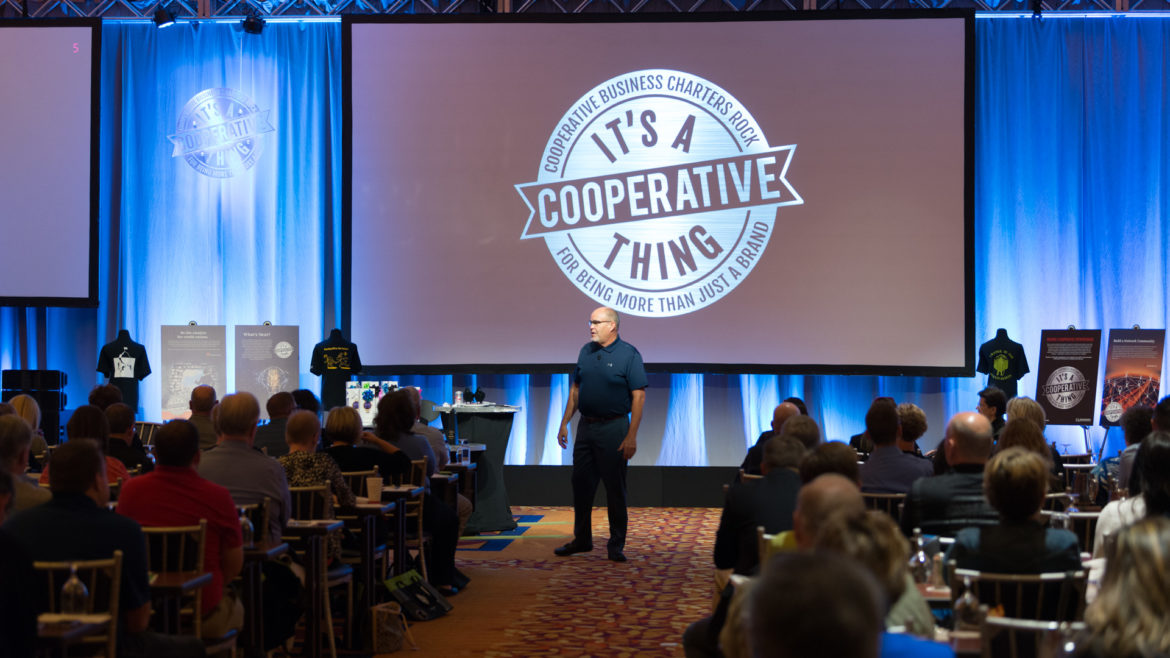Planning an event can be daunting, and occasionally even overwhelming. But with a lot of prep before and a flexible mindset on the day of, it’s a manageable task. Over the years, I’ve worked to organize events for hundreds of attendees and have learned some things along the way to help any person face it.
Stay with the flow
Whether planning a small or large event there are details that need to be established and executed. Visualize a flow chart to begin with, and start by answering the following questions:
- Who will be attending? Large or small guest list?
- Where will the event take place?
- What is the purpose of the event?
- Who is the audience?
- Who is running the presentation (e.g. keynote speaker or panel discussions)?
- Will you need a separate space for meals, breakout sessions, or receptions?
Each question above will come with its own questions to tackle depending. Of these, the most important item to secure is always the venue…
What’s the right venue for your event?
Picking a venue is crucial to the outcome of your event. A venue will set the stage and create the experience for your event. Things to consider when picking your venue:
- Location: Proximity to hotels, parking, entertainment.
- Size: Will the size of the venue accommodate your meeting comfortably?
- Facility: Does the venue have proper equipment and staff to execute your event?
- Catering: Does the venue have a list of preferred caters they require you to use or do they do on-site catering?
- Ambiance: What atmosphere does the venue have, and what are the event goals-do the two complement each other?
- Budget: What is the budget, and does the venue require deposits, room rentals, or food & beverage minimums?
- Plan ahead: Venues tend to book out fast, especially those in premium locations. Make sure to have your venue booked well in advance.
Stay flexible!
A motto every event planner should have is to be prepared and be flexible! An event is a living being and production. Each event has many different players and parts. Being organized and prepared will help mitigate issues that may arise; however, being flexible will help when the unexpected happens. Looking at the event from different angles and perspectives will help to establish small details that will make the event run smoother the day of. Think through the details and logistics.
Where you have to be flexible, you may need to be rigid with others. Event coordinators need event staff. Work with your event staff (on-site facility teams, caterers, and volunteers) ahead of time to establish timelines, expectations, and needs for the day. Make sure everyone is aware of who’s making decisions and handling coordination. Establish a chain of command, and create a listing of contact information for the day of the event.
Each event is an opportunity to learn
The experience you gain with each event hosted is critical to sustained success. How attendees feel at the event, and the impressions they take with them will determine the success of the event. Don’t be afraid to ask for feedback from attendees. Each event creates lessons to be learned for the next time, and always take notes for how things could be improved.

























































